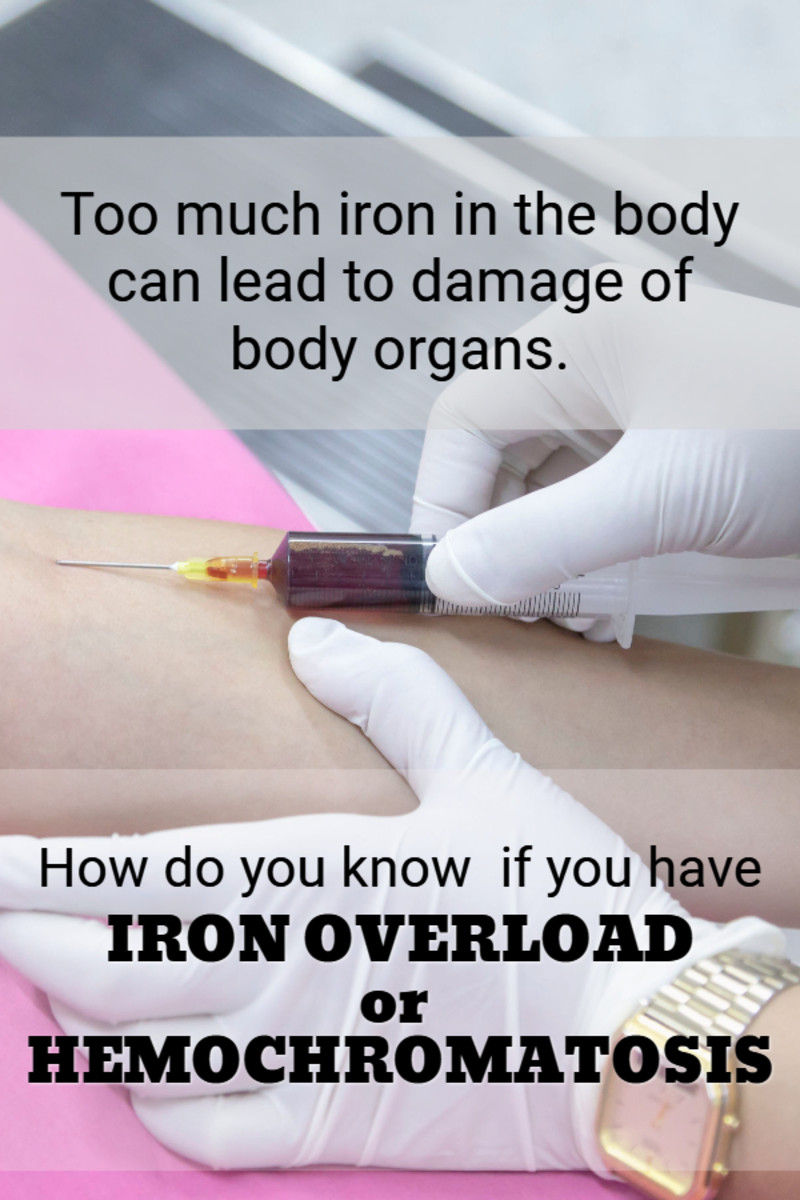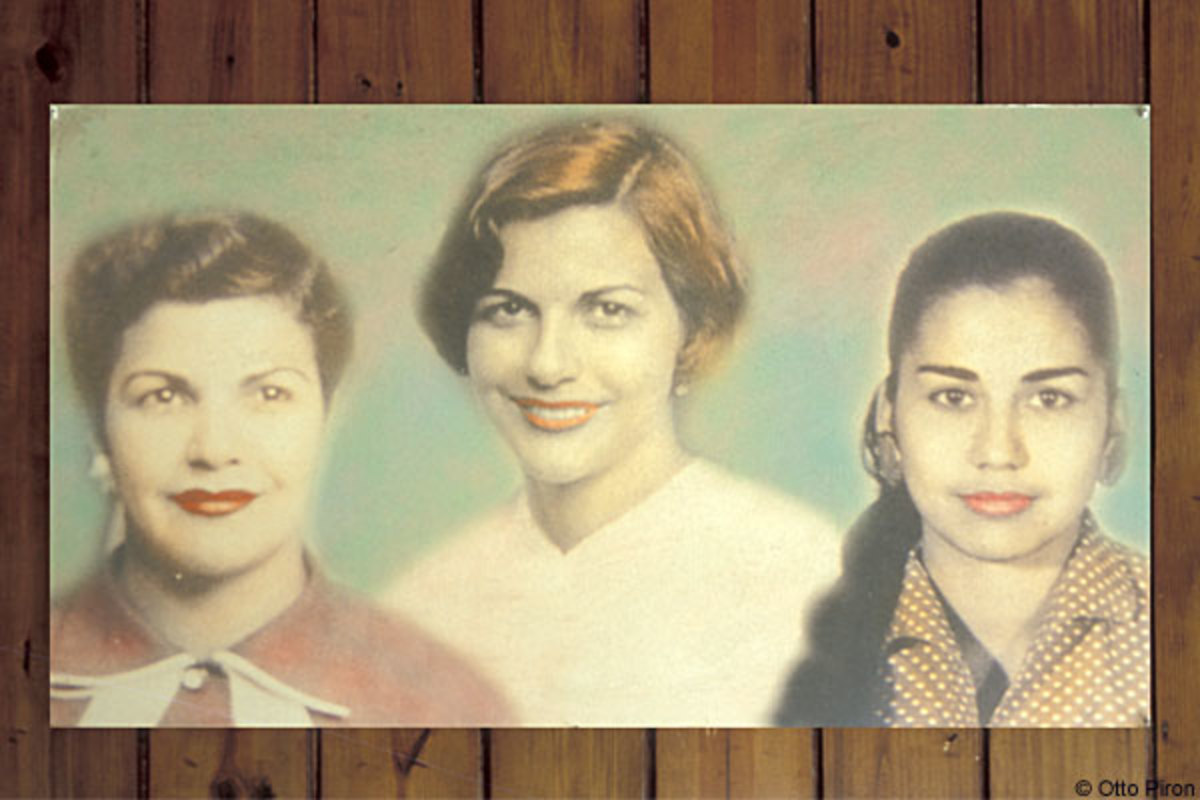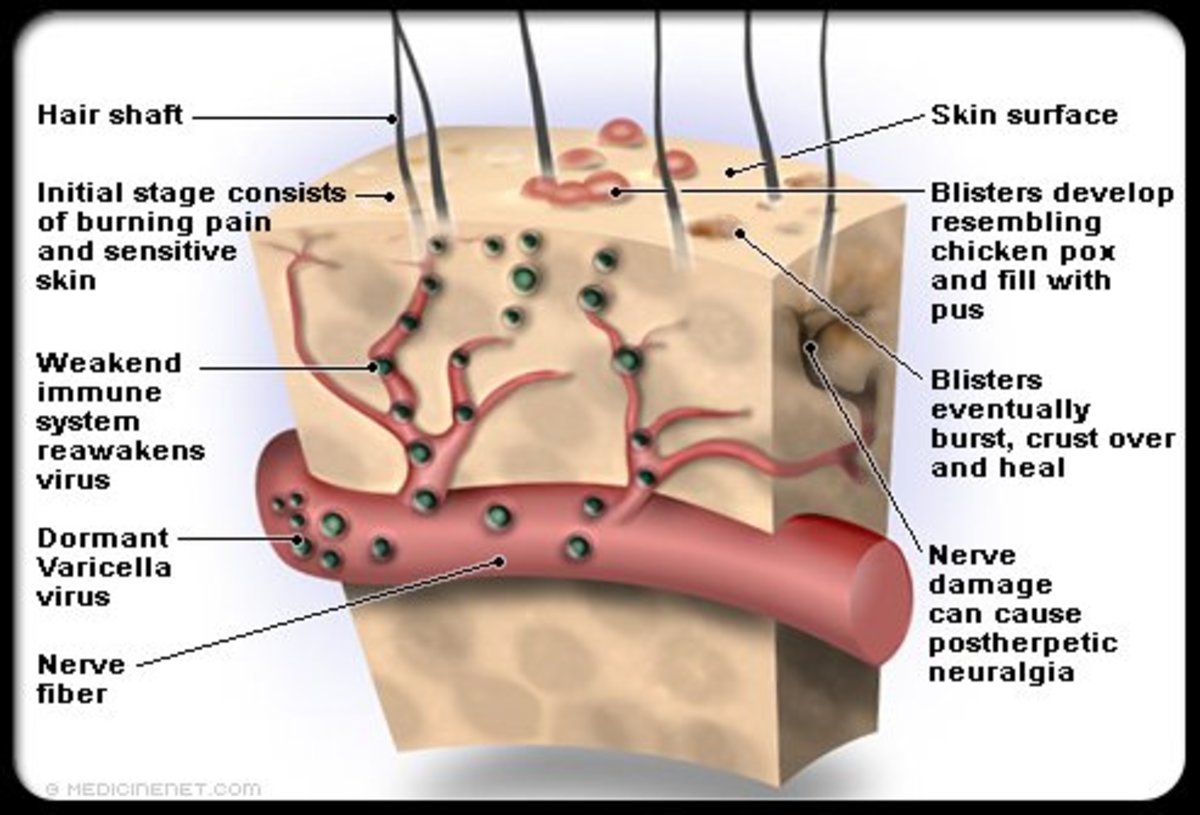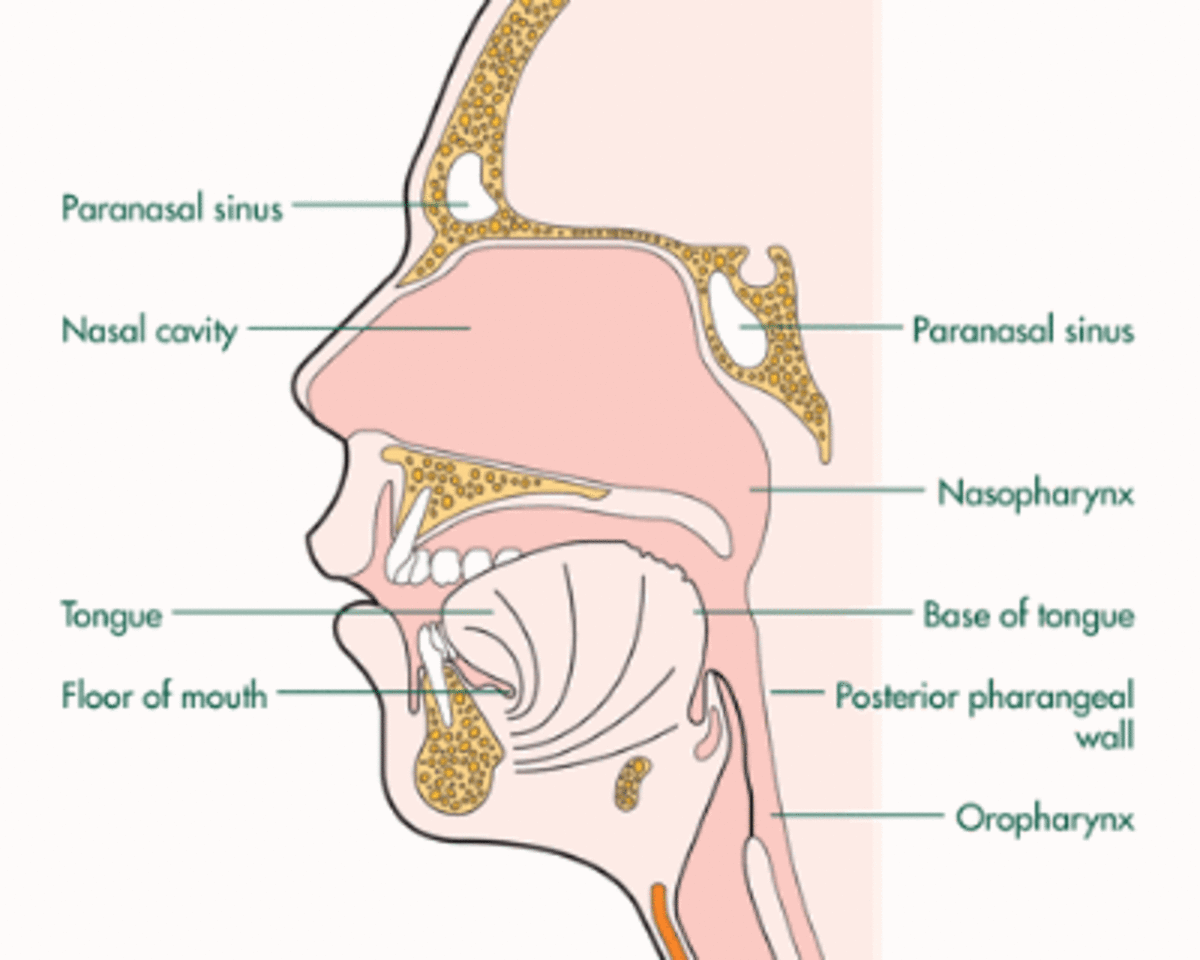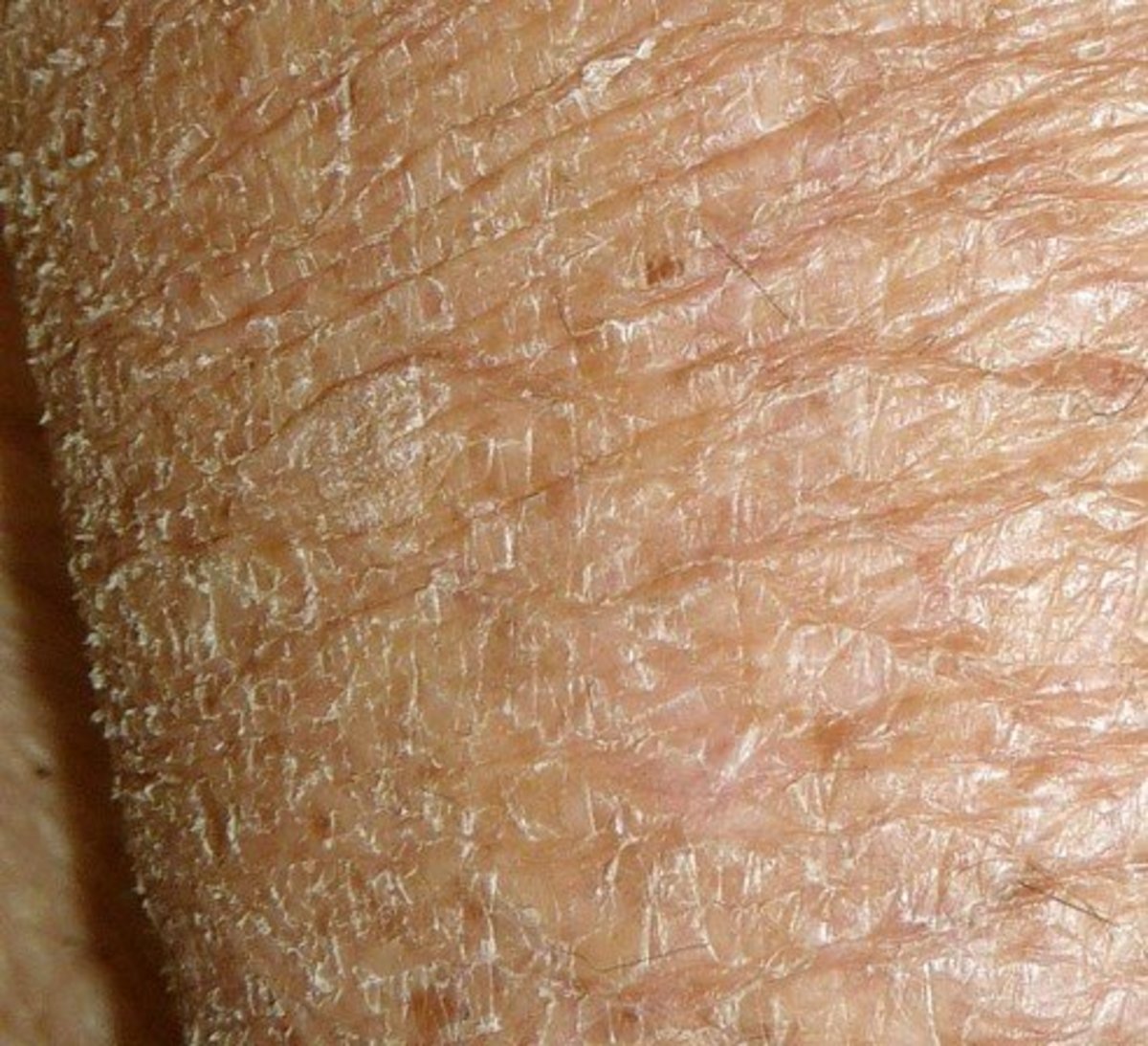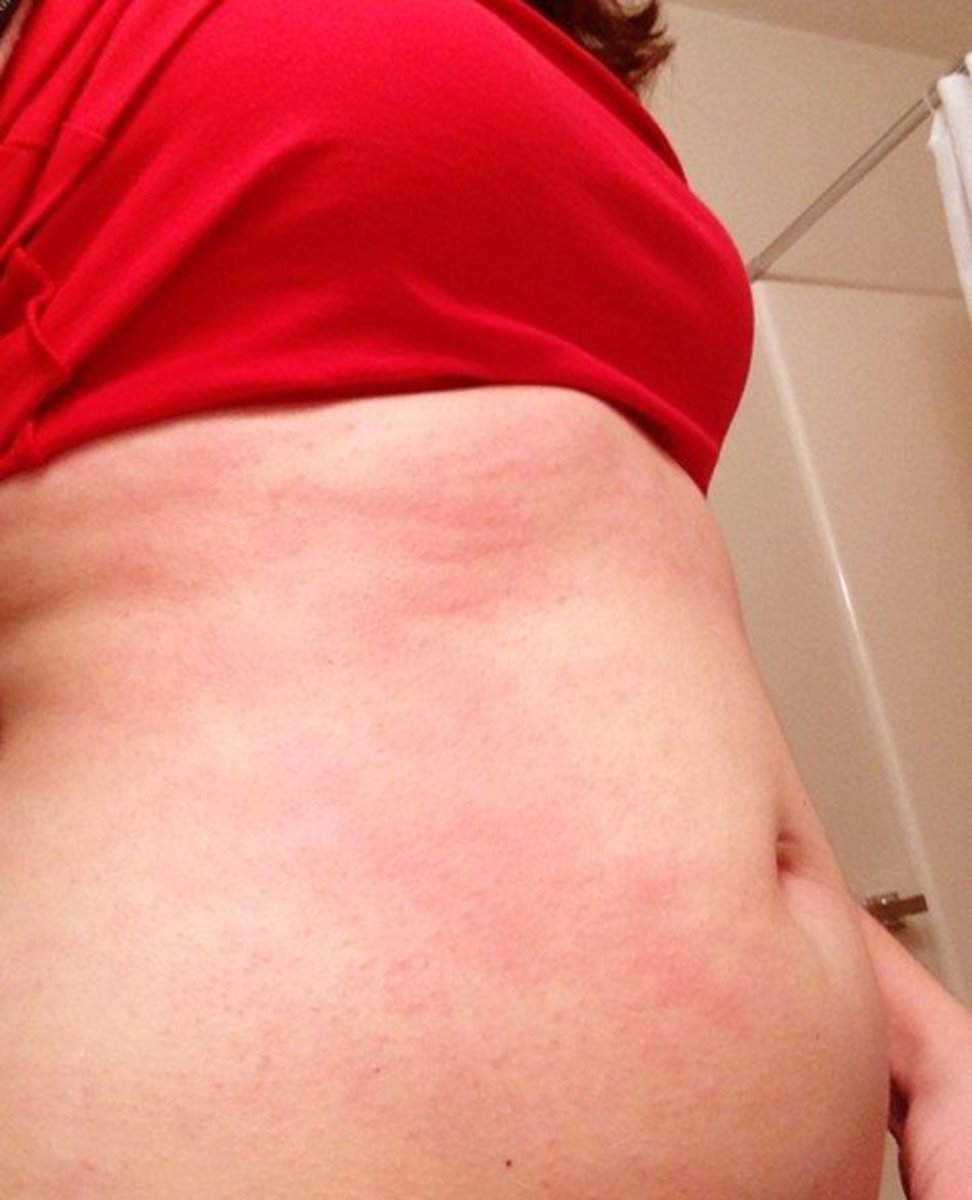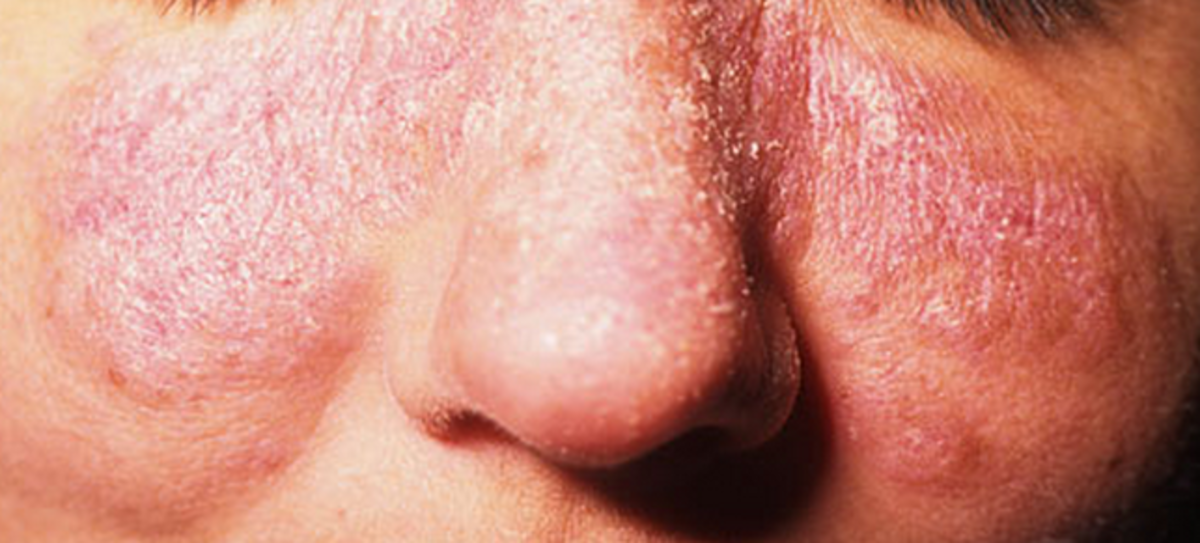Cholera - Symptoms and Treatment
Cholera has hit the headlines again due to recent outbreaks in Haiti and the Dominican Republic, but is practically unheard of in areas of clean sanitation. It is important to know the symptoms and treatment of cholera should you visit somewhere in the world where it is rife. Forewarned is forearmed, as they say, and if you are aware of cholera, you will stand a better chance of survival against this deadly disease.
Cholera kills.
By far the most important thing you can do should you suffer from cholera is to try to drink plenty fluids. By keeping your body hydrated, you stand a better chance of survival. Unfortunately, this is easier said than done when you are vomiting everything you drink too.
Cholera in humans is caused by a bacterium called Vibrio cholerae and is transmitted through infected drinking water or food.
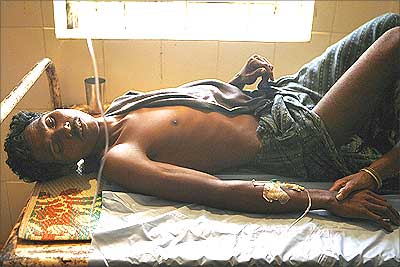
Symptoms of Cholera
Cholera starts with watery diarrhoea and perhaps, but not always, vomiting.
The diarrhoea is extensive. A person suffering from cholera can pass 10 - 20 litres of watery diarrhoea per day which is an unimaginable amount!
Thestools contain what looks like grains of rice, hence the nickname "rice water stool" and smells of fish.
With this massive fluid loss, dehydration sets in very quickly.
Signs of dehydration
- Skin loses elasticity. If you pinch the skin up on the back of your hand, it returns to its position immediately. Not so when you are severely dehydrated, it will stay in the pinched position even when you let it go.
- Sunken eyes are frequently seen.
- In babies, the fontanelle, that part of their head on top where the skull hasn't grown over yet, sinks inwards.
- Dry mucous membranes which will affect the eyes and mouth mostly.
- A thirst will be present for a time, but as dehydration deepens, the thirst will disappear and the patient will show signs of mental confusion.
- Muscle cramps is a common symptom, due to insufficient salts circulating in the body.
- Blood pressure falls. This will cause dizziness and disorientation.
- A rapid heart rate is another common symptom.
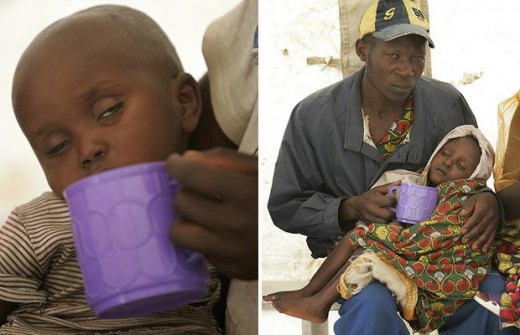
The Capital of the Dominican Republic on Cholera Alert
Breaking news just in, 16 people are in hospital and a further 14 have already died in a new outbreak of cholera in Santo Domingo, which is the capital of the Dominican Republic.
Health Authorities have stepped up monitoring of the situation by increasing health checks and careful border controls.
This is the first outbreak in the Dominican Republic for more than 100 years.
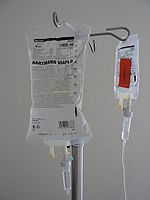
Treatment of Cholera
As soon as someone shows symptoms of cholera, death can be prevented by immediate rehydration treatment. This normally takes the form of medicated oral rehydration powders which when mixed with water, gives a liquid that is rich in necessary salts and sugars that will help maintain body hydration.
Even if someone vomits it back up again, repeated attempts must be made to continue this therapy. This can best be achieved by offering sips every few minutes, rather than a glassful at once. Early treatment is vital.
In the recent Haiti outbreak, death sometimes occurred within 2 hours of symptoms starting.
If there is no oral rehydration therapy to hand, a home made mixture can be substituted.
- 1 litre of water (preferably previously boiled and cooled if in an infected area).
- 1 teaspoon of salt.
- 8 teaspoons of sugar.
- 1 mashed banana (for the potassium)
If symptoms continue to worsen, intravenous fluids can be administered if there is a field hospital nearby.
Some antibiotics can be of limited use in the earlier stages of cholera, but rehydration therapy alone is enough to successfully treat someone with cholera. Due to increasing antibiotic resistance throughout the world, in many areas antibiotics are ineffective.
What causes Cholera?
Cholera is all but wiped out in westernized countries due to good sanitation, but in many developing nations fecal contamination occasionally get mixed with clean water supplies due to insufficient infrastructure. Perhaps toilet waste is put in a stream which later meets up with a river tributary and infects the water there, that may be used for drinking.
In Haiti's case, the earthquake of early 2010 broke a lot of the underground sanitation pipes, leaving the populace open to infection. Not only that, but many people fled to the countryside and used local rivers and streams in which to bathe, wash clothes and collect drinking water.
At least 4,500 people died there from cholera since late 2010, and new infections continue today.
It is worth noting that some shellfish also carry the cholera bacteria and so there is a small but definite risk of catching cholera through eating shellfish.
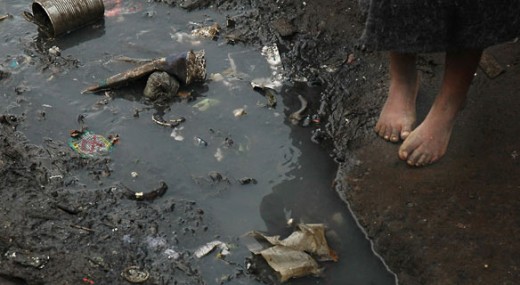
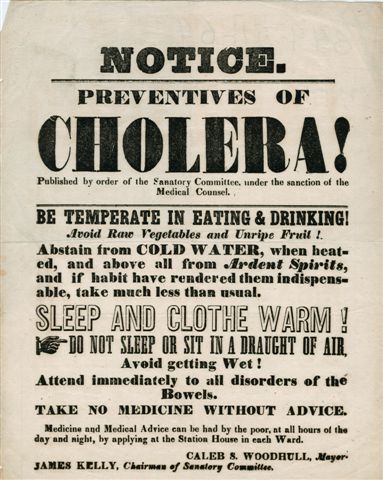
Quote: Abstain from COLD WATER, when heated, and above all from Ardent Spirits, and if habit have rendered them indispensable, take much less than usual.
Does that mean if you are an alcoholic, they actually put notices out to tell you to avoid alcohol?
Actually, none of the advice here would have helped. No wonder so many died.
How can Cholera be Prevented?
Good hygiene is essential. Care must be taken to wash hands after visiting the toilet, and again before eating or handling food. Washing in infected water will not help and so every effort must be made to ensure the water you touch or drink is sterile.
This can be done by boiling or by chlorinating.
Care must be taken when disposing of body waste matter to ensure that is does not enter into public water supplies, and all clothing and bedding of an infected person should be boil-washed to ensure there are no organisms remaining alive.
For every person who ingests any amount of the bacterium, V.cholerae, there are anywhere between 3 and 100 people who also ingest it but remain without symptoms. These people are also infectious, but cholera doesn't pass from person to person, only through poor hygiene and the not washing of hands.
Cholera is a notifiable disease in many industrialized nations. That means that every suspected or confirmed case of it must be reported to the relevant government health department so that steps may be taken to reduce the risk of infection to others.
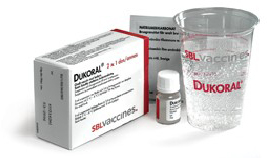
Cholera Vaccine
There is a cholera vaccine available for those wishing to travel to high risk areas, but its effectiveness is not 100%.
One such vaccine is called Dukoral, and is 85% effective with minimal side-effects. It is available in over 60 countries, but is not advisable by the Center of Disease Control and Prevention for American citizens wishing to travel to high risk areas.
Work in ongoing to develop and effective vaccine that can be given to all.
Areas of the world affected by Cholera now
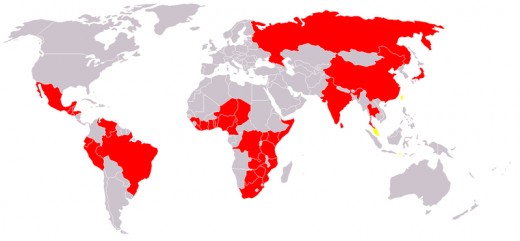
Cholera Pandemics
Health professional fear outbreaks of cholera because they can quickly become pandemic if steps are not immediately taken to prevent its spread. International travel is commonplace nowadays, but previous pandemics were caused by sailors bringing it back from areas of the Indian subcontinent where it is rife.
In the last 200 years there have been 7 major cholera pandemics which affected millions of people living is Asia, South America, Africa and Europe.
In the first, in the 4 years between 1857 and 1861, more than 1 million people died in Russia alone. At the start of the last century, cholera reached the U.S., where it killed more than 150,000 Americans.
By far the worst hit are those who leave near the source of the cholera bacillus at the Ganges Delta where more than 8 million are believed to have died form cholera during the 2nd pandemic.
Cholera still is a killer. That is why it is vital to know the symptoms and treatment of cholera in order to save lives.


